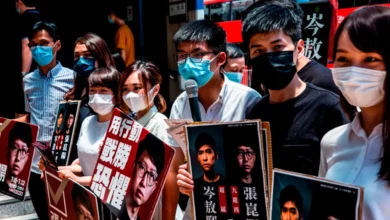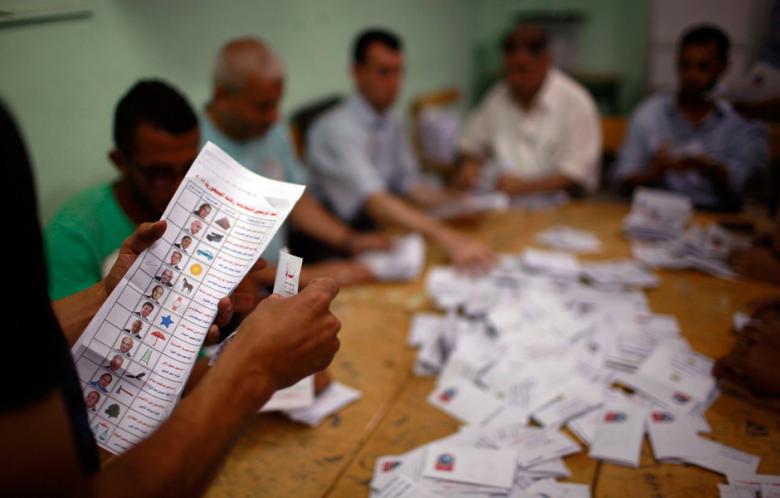Freedom has been on the top of the demands raised by the 25 January revolutionaries in Egypt. Following Hosni Mubarak’s ouster, many are hopeful that a democratic system will emerge that respects human rights and civil and political liberties. However, some of those same people have little tolerance for those who still criticize to the revolution and show support or sympathy towards the ancien regime. Does it sound hypocritical to call for freedom of expression while denying the same right to those considered reactionary or counterrevolutionary? I believe the answer to that question depends on the definition of politics.
Liberalism views politics as the sphere of competition and bargaining among conflicting interests. In a liberal setting, individuals have basic rights and liberties and they are allowed to forward their interests accordingly. However, the revolutionary moment is all about deciding on the exception, to borrow from German philosopher Carl Schmidt’s concept of politics. It is a moment of making rules rather than abiding by them. The establishment of a new political system requires a more authoritarian conception of politics as conquest and coercion. Respect for basic rights and liberties in a political society requires that those who reject those rights and liberties be shut out. Even democratic systems have undemocratic bases. That is why Fascist and racist parties are banned in many European countries and are prosecuted in the United States.
Britain’s liberal democracy was established in the aftermath of the Glorious Revolution in 1688 when a group of liberals and humanists, amongst which was John Locke, toppled King James II. In establishing a liberal democracy, the British liberals did not “talk” the monarch to death. They ousted him and sent him to exile ending the Stuart line once and for all. Mubarak’s regime did not collapse as a result of some intense and free debate. Rather, it was broken down by massive and violent protests that physically smashed the regime’s security apparatus and claimed the streets in the biggest of Egyptian cities. This was the moment of revolution and the basis of any democratic system to emerge in the future. Founding a democratic regime is a moment of conquest, it has very little to do with free discussion in tidy and neat intellectual salons.
There is no room for those who praise the ancient regime or defend corruption and oppression in Egypt’s new political system. This is not a call for chaotic popular retribution or a new reign of terror in the name of the people. Anti-democratic forces, be they religious extremists, ultranationalists or remnants of the ancien regime, must be outlawed. Legal restraints on corruption, hatred and perpetration are all liberal tools of what Chantal Mouffe, the renowned political theorist, calls “policing”. In a liberal democratic system, no party with a militia should be tolerated. No party calling for racism or promoting theocratic rule should be allowed. The parameters of liberal democracy must be protected against non-democrats.




